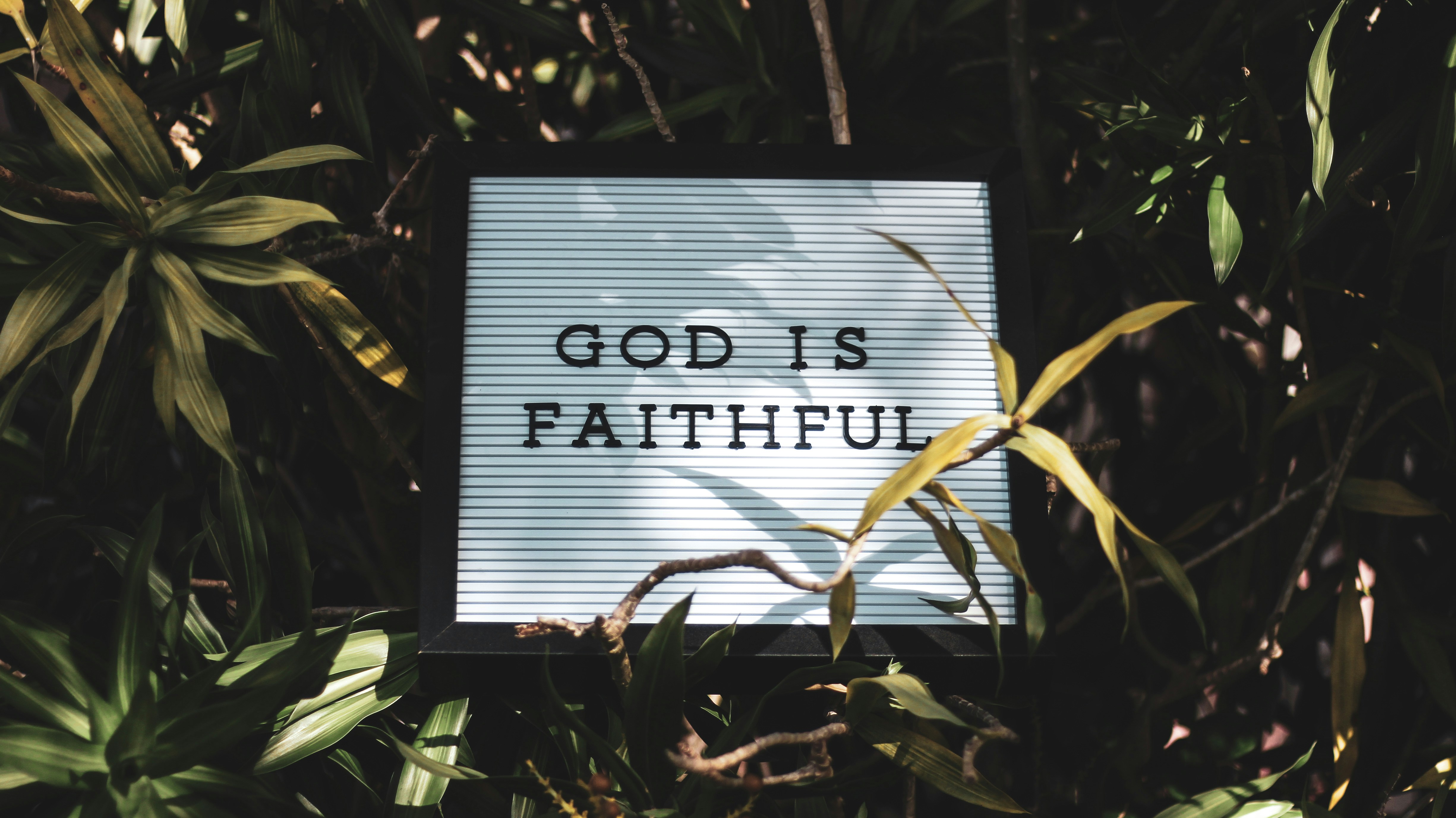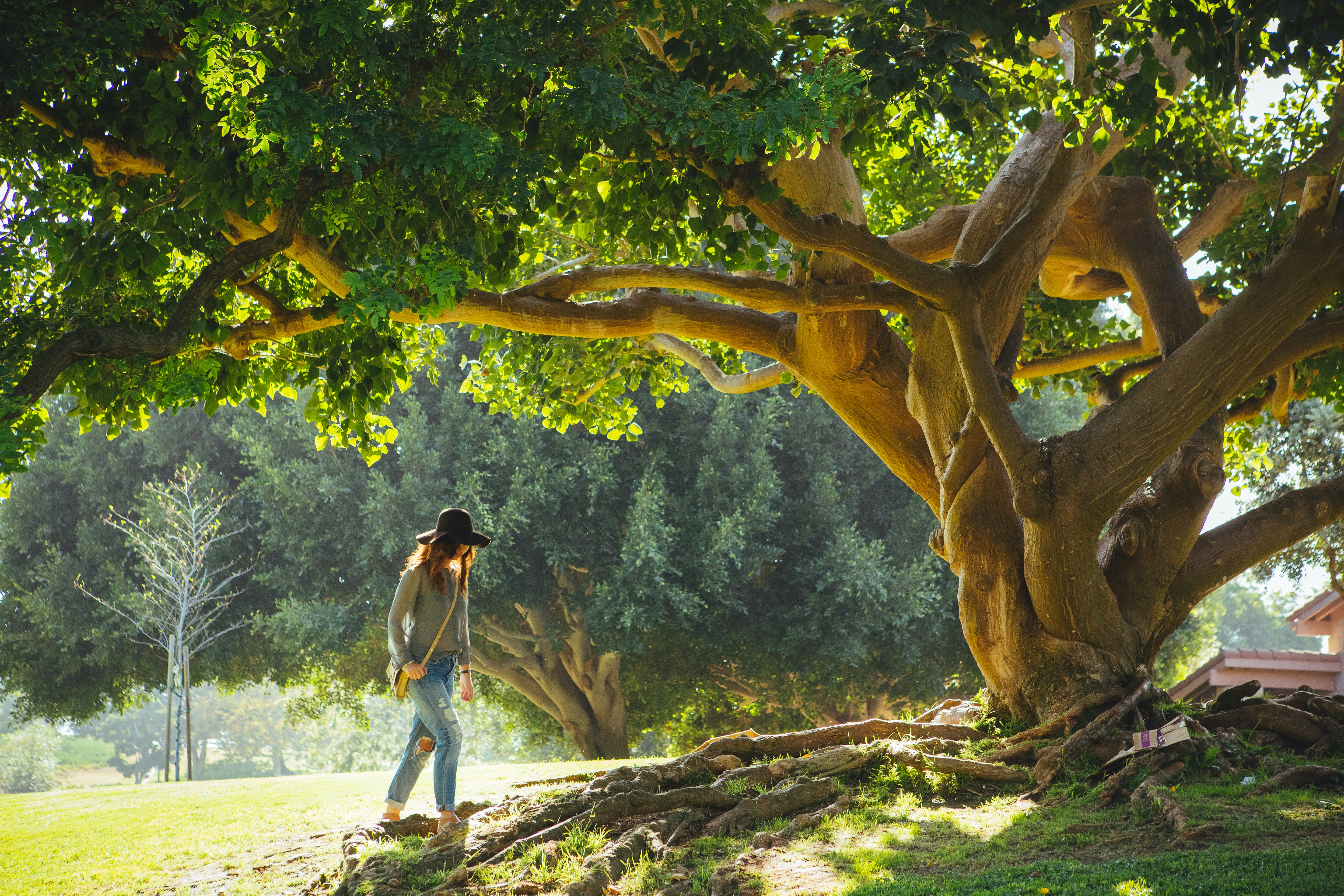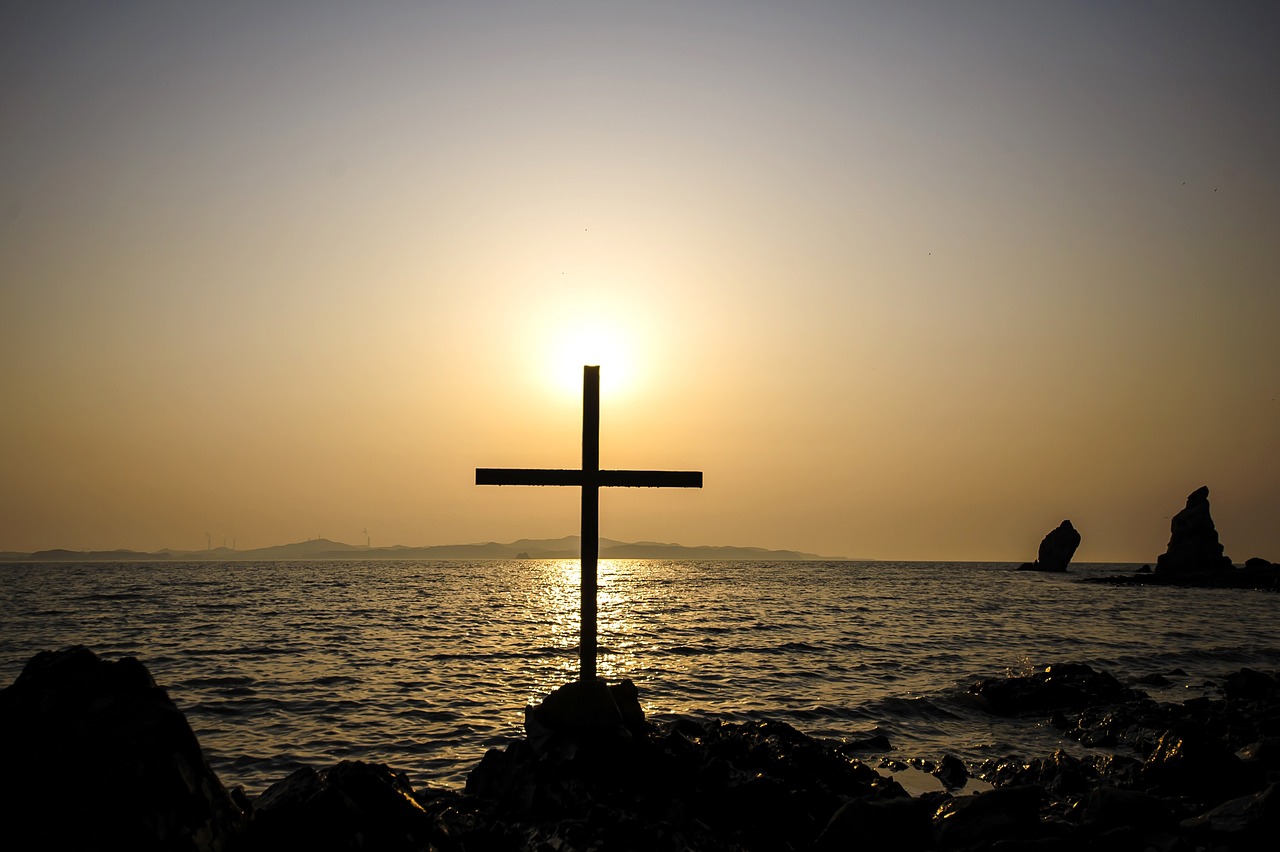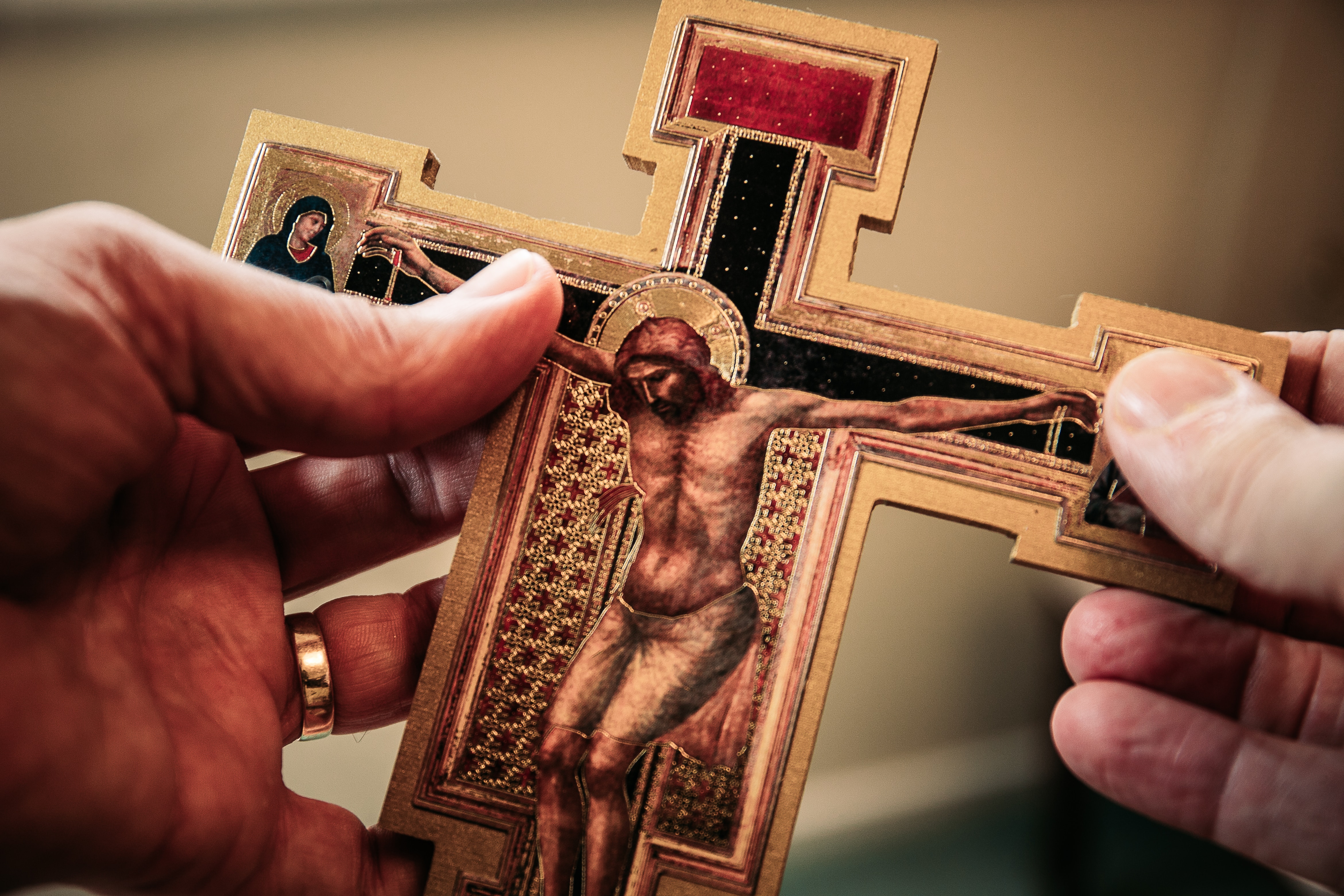The last line of today’s first reading, “Jesus Christ is the same yesterday, today, and forever” (Hebrews 13:8), gives me great comfort. We live in a time fraught with confusion, division, and lies. Evil is portrayed as good and good is looked upon as naïve. Where are we to go when the world is against us? To Jesus Christ. Because He is the same forever.
The world is in constant motion, trying to improve or invent the latest and greatest gadget that will make people’s lives easier. But we are not here to have it easy. John the Baptist reminds us of that fact. Herodias holds a grudge against John for speaking the truth, sees a way to have him killed, and acts on her desire. King Herod was so intent on his worldly desires that he could not stand up to Herodias.
We know the story of salvation and standing up for the truth ought to be easier for us. Often though, it is not. We do not want to be overbearing, push religion on others, or cause a fight at work or within our family. If we hold on to the knowledge that Jesus Christ is the same forever, we will struggle less to speak the truth. We do not need to be obnoxious or loud, we can speak the truth with love. St. Edith Stein said, “Do not accept anything as the truth if it lacks love. And do not accept anything as love which lacks truth!” I think it is good for us to remember that while we do have the Truth, we cannot speak it without love, both for the Truth itself and for the one we are speaking with.
In the heat of a moment, it can be difficult to speak with love. It helps to pause and ask the Holy Spirit to guide you. You do not need to speak alone. Call on the Spirit within you and pray for both the other person to receive what you have to say, and for yourself to speak it with charity.
La última línea de la primera lectura de hoy, “Jesucristo es el mismo ayer, hoy y siempre” (Hebreos 13,8), me consuela bastante. Vivimos en una época llena de confusión, división y mentiras. El mal se presenta como bueno y el bien se considera ingenuo. ¿Dónde debemos irnos cuando el mundo está en contra nuestra? A Jesucristo. Porque es el mismo para siempre.
El mundo está en movimiento constante, tratando de mejorar o inventar el último y mejor aparato que hará la vida más fácil. Pero no estamos aquí para tenerlo fácil. Juan el Bautista nos recuerda de eso. Herodías le guarda rencor a Juan por decir la verdad, ve una manera de matarlo y actúa según su deseo. El rey Herodes estaba tan concentrado en sus deseos mundanos que no pudo enfrentarse a Herodías.
Sabemos que la historia de la salvación y la defensa de la verdad deberían ser más fáciles para nosotros. Sin embargo, a menudo no lo son. No queremos ser autoritarios, imponer la religión a los demás o provocar peleas en el trabajo o en nuestra familia. Si nos aferramos al conocimiento de que Jesucristo es el mismo para siempre, nos costará menos decir la verdad. No tenemos que ser desagradables ni gritar, podemos decir la verdad con amor. Santa Edith Stein dijo: “No aceptes nada como verdad si le falta amor. ¡Y no aceptes nada como amor si le falta verdad!” Creo que es bueno acordarnos que, si bien tenemos la Verdad, no podemos decirla sin amor, tanto por la Verdad misma como por la persona con la que estamos hablando.
En el ardor del momento, puede ser difícil hablar con amor. Ayuda a hacer una pausa y pedirle al Espíritu Santo que te guíe. No tienes que hablar solo. Invoca al Espíritu dentro de ti y reza para que la otra persona reciba lo que tienes que decir y para que puedas decirlo con caridad.
 Deanna G. Bartalini, M.Ed.; M.P.A., is a certified spiritual director, writer, speaker and content creator. The LiveNotLukewarm.com online community is a place to inform, engage and inspire your Catholic faith. Her weekly Not Lukewarm Podcast gives you tips and tools to live out your faith in your daily life.
Deanna G. Bartalini, M.Ed.; M.P.A., is a certified spiritual director, writer, speaker and content creator. The LiveNotLukewarm.com online community is a place to inform, engage and inspire your Catholic faith. Her weekly Not Lukewarm Podcast gives you tips and tools to live out your faith in your daily life.
Feature Image Credit: Alex Shute, unsplash.com/photos/a-wooden-block-spelling-truth-next-to-a-bouquet-of-flowers-kYejP2VxGRs
The views and opinions expressed in the Inspiration Daily blog are solely those of the original authors and contributors. These views and opinions do not necessarily represent those of Diocesan, the Diocesan staff, or other contributors to this blog.












